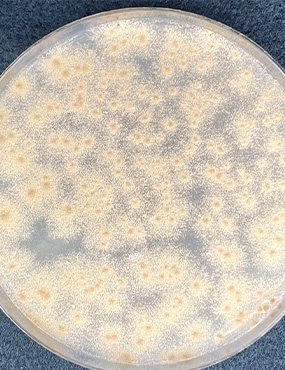
Mobile elements and gene drives in Fungi
Fungi are a diverse group of organisms which have evolved adaptations allowing them to inhabit almost every ecological niche. In many of these niches, notably as animal and plant pathogens, fungi impact upon human health and food security. We are seeking to understand how fungi can obtain the diverse sets of genes required to live in these various habitats.
A breakthrough was the discovery a putative transposon hephaestus which has carried a large set of metal resistance genes between different fungal species. This suggests a possible role for transposons in the movement of adaptive fungal genes more broadly. Indeed, a larger number of similar elements have recently been discovered and have been dubbed “Starships”. We are currently seeking to better understand the movement of hephaestus and other Starship elements both within and between species.
Spok genes are a frequent feature of Starships. In Podospora these are known to be meiotic drives which kill non-inheriting ascospores following meiosis to positively bias their own inheritance. The role that Spok genes play in the evolution of Starships is an open question. A first step will be to elucidate the mechanisms underlying Spok gene activity. To this end we have recently shown that these genes enact killing via targeting DNA.
Funding: Commonwealth Scientific and Industrial Research Organisation (CSIRO)
Partners Commonwealth Scientific and Industrial Research Organisation (CSIRO) and Macquarie University
Contact: Dr Andrew Urquhart, andrew.urquhart@mq.edu.au